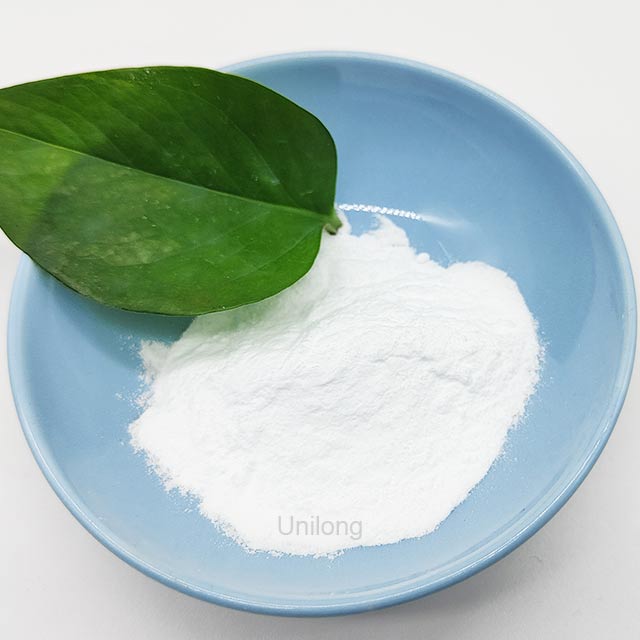Bis(2,6-diisopropylphenyl) carbodiimide CAS 2162-74-5 is monomeric carbodiimide , a representative variety of anti-hydrolysis agent which has the characteristics of high purity, light color, no odor and high activity. Bis(2,6-diisopropylphenyl) carbodiimide is widely used in materials such as polyester polyol, nylon, engineering plastics containing ester group, polyurethane elastomers, adhesives, coating systems, and lubricating oil. Bis(2,6-diisopropylphenyl) carbodiimide can effectively inhibited the hydrolysis of such materials and stabilize the initial mechanical properties. At the same time, bis(2,6-diisopropylphenyl) carbodiimide can also block the active carboxyl terminations of polyester materials. Repair damaged polyester and polyurethane materials, bis(2,6-diisopropylphenyl) carbodiimide can prolong the service life of polymer products under harsh working conditions such as high temperature and humidity.
In the field of materials science, bis(2,6-diisopropylphenyl)carbodiimide, as a monomeric carbodiimide anti-hydrolysis stabilizer, has become the focus of the industry for its excellent performance and broad application prospects.
Firstly, bis(2,6-diisopropylphenyl) carbodiimide is widely used in polyurethane elastomers (such as TPU, CPU), adhesives, sole solutions and Microporous elastomers,etc. In these fields, by adding 0.3-2.0% bis(2,6-diisopropylphenyl)carbodiimide, the service life of the product can be significantly improved, extending it by up to 1 to 3 times.
Secondly, during the modification process of polyester materials such as PET/PBT, adding bis(2,6-diisopropylphenyl) carbodiimide can reduce the acid value of polyester. Significant improvements in material quality can be achieved with lower addition amounts, extending the long-term stability of the material.
In addition to being used as an anti-hydrolysis agent, bis(2,6-diisopropylphenyl)carbodiimide can also be used as a processing aid to react with carboxylic acids produced during the extrusion process. reaction, preventing the reduction of molecular weight, weakening the damage to the polymer during processing, making it easier to operate and improving processing safety compared with other methods.
In addition, for biodegradable environmentally friendly plastic PLA, poor hydrolysis resistance has always been a major bottleneck restricting its wide application. PLA is easily degraded in humid environments, affecting its performance and lifespan. However, by adding 0.3-0.5% bis(2,6-diisopropylphenyl)carbodiimide to PLA, its water resistance can be significantly improved by 3-7 times, effectively broadening the the application fields of PLA.
In summary, bis(2,6-diisopropylphenyl)carbodiimide, as a high-performance anti-hydrolysis stabilizer, has shown wide application potential and potential in the field of materials science. value. Its excellent physical and chemical properties, wide range of applications, and targeted solutions for specific materials (such as PLA) make bis(2,6-diisopropylphenyl)carbodiimide a leader in materials stabilization. With the continuous advancement of materials science and the increasing awareness of environmental protection, bis(2,6-diisopropylphenyl)carbodiimide and its similar products are expected to be promoted and applied in more fields.
Post time: Oct-24-2024


